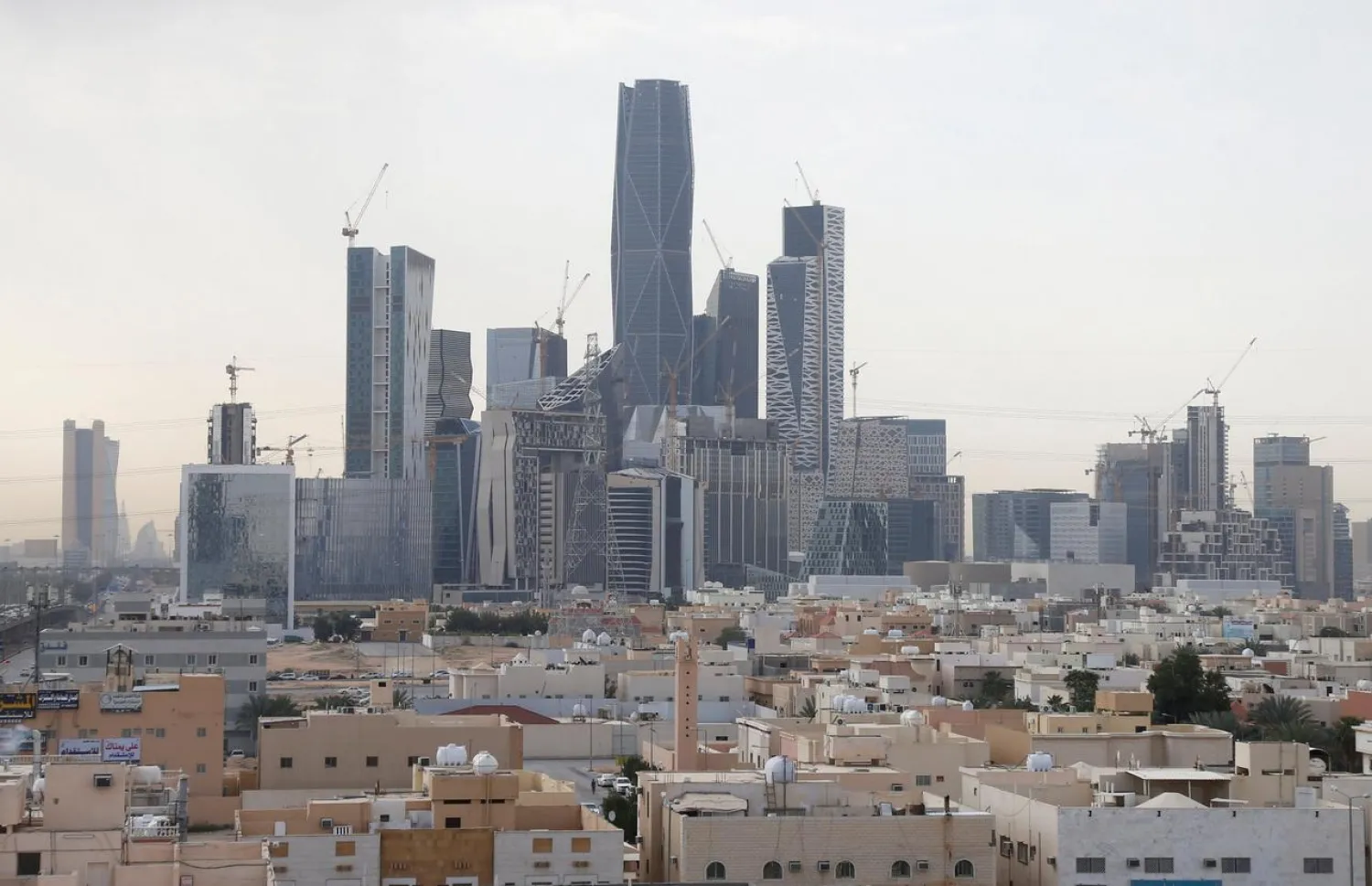A Saudi-British memorandum devoted to the study of terrorist organizations’ messages stressed the need to observe the use of precise terminology to label extremists and terrorists, and not to give them names that would encourage sympathy for them.
The International Coalition against ISIS published on its website a summary of the Riyadh-London Memorandum on Good Practices in Combating the Messages of Terrorist Organizations in both Arabic and English.
Those practices include encouraging Internet companies and social media to remove extremist and terrorist content in all its forms from all digital platforms, in addition to taking into account the use of precise terminology to label extremists and terrorists, and not to call them names that might allow sympathy for them, such as calling ISIS the “Islamic State.”
The memorandum came as a result of the cooperation between the Saudi General Directorate for Combating Extremism and the International Coalition Against ISIS, through an international panel discussion in Riyadh entitled: “Integration in Combating the Messages of Terrorist Organizations: ISIS as a model.”
This memorandum is the first advisory note issued by the International Coalition against ISIS and its affiliates, since its formation in 2014.
Saudi Arabia is a founding member and an active partner of the Coalition. The Kingdom offered $100 million last year to efforts to restore stability in Syria in Raqqa and northeastern regions liberated from ISIS.
Saudi-British MoU Emphasizes Facing Platforms of Extremist Rhetoric

View shows the King Abdullah Financial District, north of Riyadh, Saudi Arabia, March 1, 2017. REUTERS/Faisal Al Nasser

Saudi-British MoU Emphasizes Facing Platforms of Extremist Rhetoric

View shows the King Abdullah Financial District, north of Riyadh, Saudi Arabia, March 1, 2017. REUTERS/Faisal Al Nasser
لم تشترك بعد
انشئ حساباً خاصاً بك لتحصل على أخبار مخصصة لك ولتتمتع بخاصية حفظ المقالات وتتلقى نشراتنا البريدية المتنوعة







